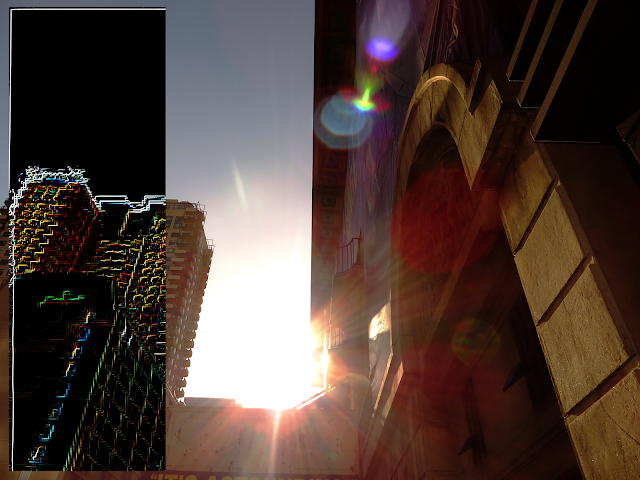Reblog: April 22, 2019. "PHILOSOPHICAL ROGUES AND ANTIHEROES OF THE INTELLECTUAL. JEAN BAUDRILLARD (PART 2)" (A.Glass 2019)
"Everywhere one seeks to produce meaning, to make the world signify, to render it visible. We are not, however, in danger of lacking meaning; quite the contrary, we are gorged with meaning and it is killing us."
Jean Baudrillard was born in 1929, Reim, France. Showing an interest in Philosophy and of course that would be namely French philosophy in high school, he graduates, teaching German literature. He then later attends the Paris Nanterre University, as a sociological teacher from that point Bauldrillard begins to manifest, during the early 1960s, the key elements to his early writing and books, drawing his early fascination with Paratphysics (a satirical viewpoint on alternate physics) and postmodern and Marxist thought. The leaning towards the left wing or Marxist ideology was clear in the early parts of his career, at a time when France during the 1960s was in turmoil, the unpopular Algerian/French war, student riots and the collapse of the Franc against the US dollar (inflation). It sets the ground for revolutionary ideas, which was heavily influenced by early French Utopian theory of the 1800s. The intertwining of rejecting modernist aesthetics and embracing it with postmodern theory hinged almost entirely on Marxism (as a base), which spreads throughout the Universities of France solidifying its adhoc ground work of theory – despite its obscurity in clarification of what it actually means. It is fixed to the idea of revolution, the removing of capitalism and the imprint of a society based solely on capital and trade. To implement a new directive beyond semantics and symbolism. Which, later after his split with so called postmodern and Marxist philosophers, Bauldrillard explained that would be impossible to achieve, as described in his later writings – that the formulation of opposite ideologies would end up becoming the same. The confusion of postmodern ideas of replaced semantics and Marxist rhetoric, begins to overlay in conjunction with conservative viewpoints. To which Bauldrillard commented “...We live in a world where there is more and more information and less and less meaning.”
___



Comments
Post a Comment